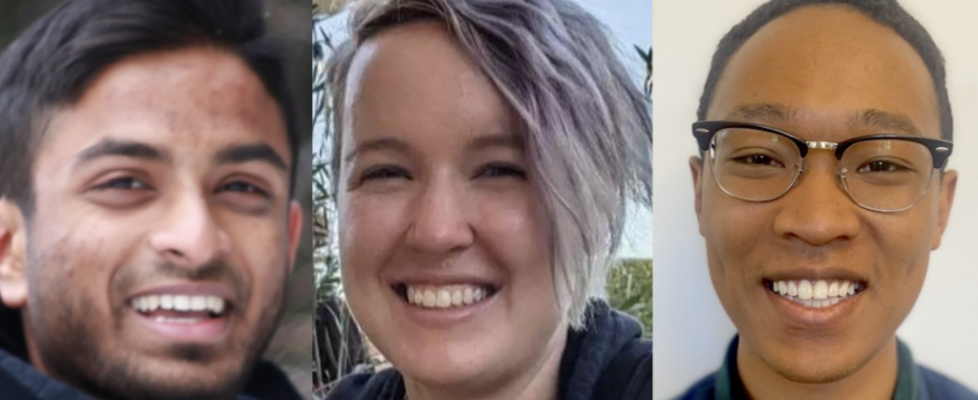Scavengers+DarkMatter+Biomolecules – Jul 16
Wonderfest Science Envoys are early-career researchers with special communication skills and aspirations. Following short talks on provocative modern science topics, these three Science Envoys will answer questions with insight and enthusiasm:
• Stanford ecologist Chinmay Sonawane on How Scavenging Animals Protect Human Health — Wildlife is rapidly disappearing globally. But why should we care? The loss of scavengers (consumers of already-dead animals) provides an intriguing example of how biodiversity loss has had, and will continue to have, profound consequences for human health.
• UC Berkeley physicist Bethany Suter on Direct Detection of Dark Matter — Ubiquitous, yet deeply mysterious, dark matter constitutes 85%(!) of the material universe. What do we know — and not know — of elusive dark matter particles? Novel laboratory materials may allow us to detect dark matter directly, shining light into the pervasive cosmic shadows.
• Stanford biophysicist Sean Waterton on Making Biomolecules from Electricity — Solar panels produce ever-more clean electricity. At the same time, human activity produces copious amounts of CO2. Modern research in synthetic biology allows us to use electricty and CO2 to create valuable molecules like fats and proteins — and, hopefully, more specialized molecules like medications.
This interactive science presentation, free and unticketed, is produced by Wonderfest in partnership with Marin Science Seminar.
Marin Science Seminar [https://marinscienceseminar.com]
What value does this free science experience have for you and, indirectly, for society? Accordingly, please consider making a donation to nonprofit Wonderfest via the Eventbrite box, below.
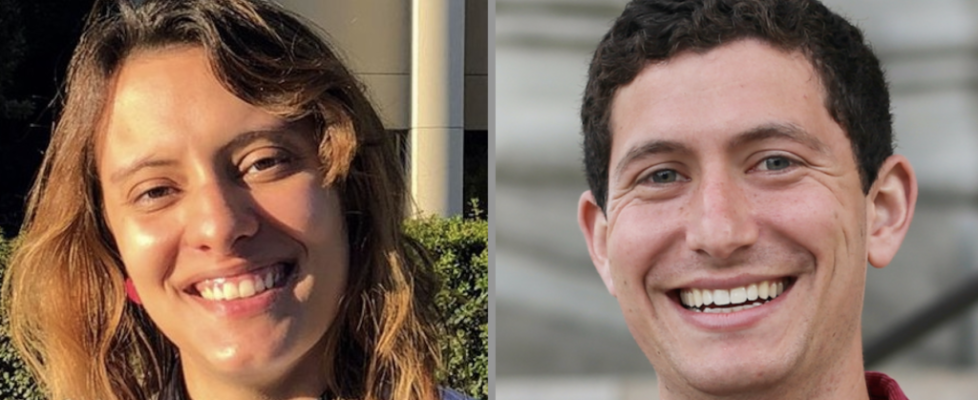
Biorhythms; Decarbonization – Apr 2
Wonderfest Science Envoys are early-career researchers with special communication skills and aspirations. Following short talks on provocative modern science topics, these two Science Envoys will answer questions with insight and enthusiasm:
• Stanford biologist Mila Pamplona-Barbosa on Biological Rhythms: From Ants to You — How can ants possibly organize their behavior? An ant colony can have hundreds to millions of individuals and, even with all that complexity, the colony still manages to get work done. How does this time-dependent self-organization happen? And what does this have to do with the internal timings of the human body?
• UC Berkeley climate policy scientist Ari Ball-Burack on Complexity in Controlling Greenhouse Gases — Social, technological, and economic systems are complex: they exhibit both balancing and reinforcing feedbacks, and they strongly interact. Wise policy can use this very complexity to advance the “decarbonization” of the atmosphere. Complexity-aware decarbonization policy addresses climate change at local, national, and global scales.
This interactive science presentation, free and unticketed, is produced by Wonderfest in partnership with Marin Science Seminar.
Marin Science Seminar [https://marinscienceseminar.com]
What value does this free science experience have for you and, indirectly, for society? Accordingly, please consider making a donation to nonprofit Wonderfest via the Eventbrite box, below.
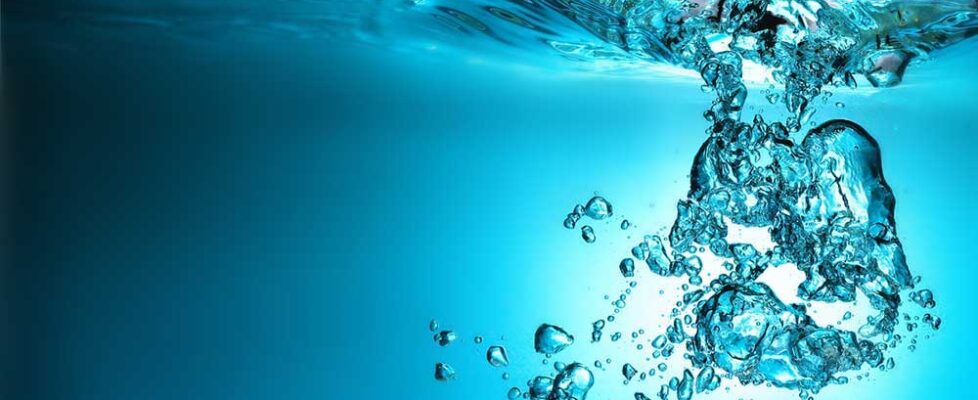
3 Ages of Water – June 27
As the “universal solvent,” water supports interesting chemistry, geology, and, of course, biology. If there is an elixir of life, it is water. In The Three Ages of Water, Dr. Peter Gleick describes the long, fraught history — and future — of humanity’s relationship with this precious resource. Water has shaped civilizations and empires, and it has underpinned centuries of technological advance: from agriculture and public health, to our search for life on other worlds. But is our current relationship with water all wet? Drawing from the lessons of the past, Dr. Gleick charts a visionary path toward a sustainable future for water and for the planet.
Dr. Peter Gleick is a hydrologist and climatologist who co-founded Oakland’s nonprofit Pacific Institute. He is a member of the National Academy of Sciences, a MacArthur Fellow, and winner of Wonderfest’s Carl Sagan Prize for Science Popularization. Dr. Gleick will principally be discussing ideas in his new book, The Three Ages of Water: Prehistoric Past, Imperiled Present, and a Hope for the Future.
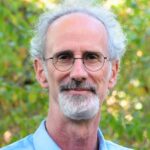
Dr. Peter Gleick
This free event is co-presented by San Francisco's BookShop West Portal and by Wonderfest. To purchase Dr. Gleick's book, please visit BookShop West Portal. To support public science outreach, please donate modestly (or immodestly!) to Wonderfest via the Eventbrite form below.
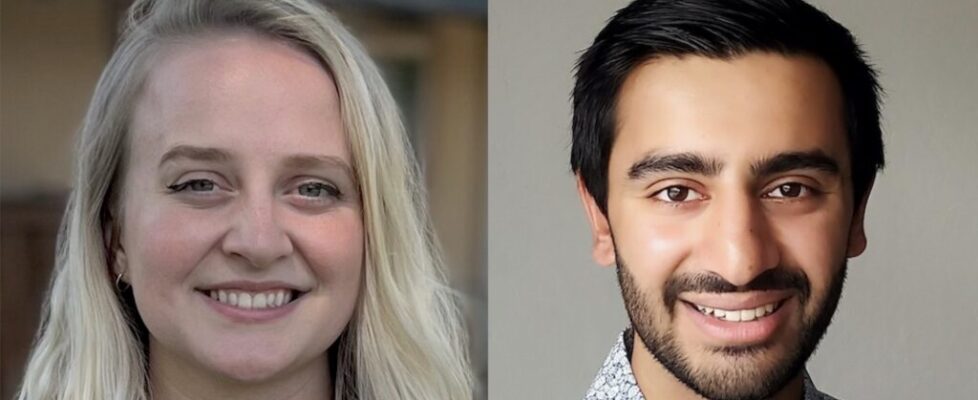
Poison Frogs; Quantum Chem – May 11
Wonderfest Science Envoys are early-career researchers with special communication skills and aspirations. Following short talks on provocative modern science topics, these two Science Envoys will answer questions with insight and enthusiasm:
• Stanford biologist Billie Goolsby on Family Feud: Familial Decision-Making in Poison Frogs — Cooperation between parents tends to ensure family success, especially among poison frogs. Through direct observation, sound recordings, and hormone analysis, researchers test how coordination of parenting happens in nature — and how it predicts offspring survival.
• UC Berkeley physicist Ashwin Singh on Exploring Quantum Chemistry with Earth’s Strongest Laser — Quantum mechanics helps describe cold chemical reactions, like those that occur in outer space. By building the world’s strongest laser to hold molecules in place, we can watch quantum chemistry happen in real time.
Berkeley Public Library [https://www.berkeleypubliclibrary.org]
This free, online, science presentation is produced by Wonderfest in partnership with the Berkeley Public Library.
What value do these science insights have for you? Accordingly, please consider making a donation to nonprofit Wonderfest via the Eventbrite box, below. (Note: No "sales" or "tickets" are involved; it's just a thoughtful contribution to help Wonderfest promote science understanding and the scientific outlook.)
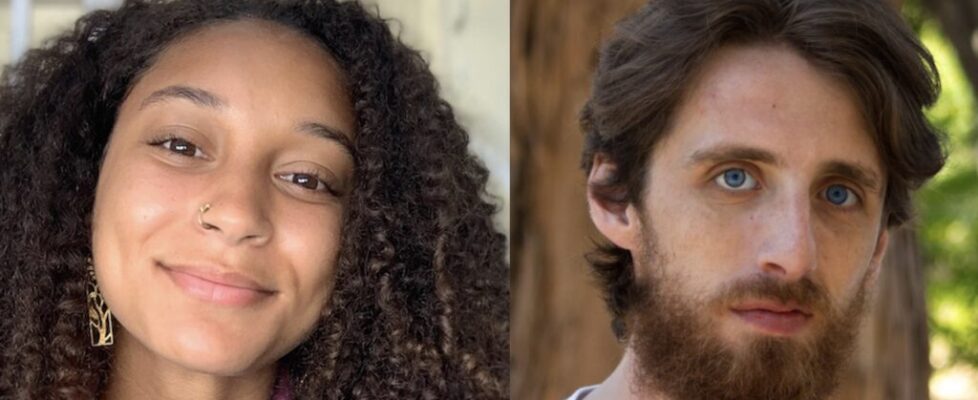
Fishy Ways; Monkey Business – Apr 17
Wonderfest Science Envoys are early-career researchers with special communication skills and aspirations. Following short talks on provocative modern science topics, these two Science Envoys will answer questions with insight and enthusiasm:
• Stanford marine biologist Ceyenna Tillman on A Unique Case Study in Fish Behavior — We don’t often think of fish as individuals with independent minds, making their own decisions about how to react to the world around them. We often study them through important and informative large-scale lenses such as population size and spatial distribution. But what do we lose when we leave out the choices that each individual makes? And, in general, how can humanity benefit from studying such fish behavior?
• UC Berkeley biological anthropologist Gustav “Tavi” Steinhardt on Primate Behavior and Microhabitat — Tamarins are squirrel-size Amazonian monkeys with big ecological impacts. Known for their ability to survive (and even thrive) in disturbed areas, Tamarins help the forest recover from damage by spreading seeds. Now, using aerial laser scans, machine learning, and countless hours trekking through jungle mud, we are beginning to understand the important ecological “business” of these tiny primates in exquisite detail.
Berkeley Public Library [https://www.berkeleypubliclibrary.org]
This free, online, science presentation is produced by Wonderfest in partnership with the Berkeley Public Library.
What value do these science insights have for you? Accordingly, please consider making a donation to nonprofit Wonderfest via the Eventbrite box, below. (Note: No "sales" or "tickets" are involved; it's just a thoughtful contribution to help Wonderfest promote science understanding and the scientific outlook.)

